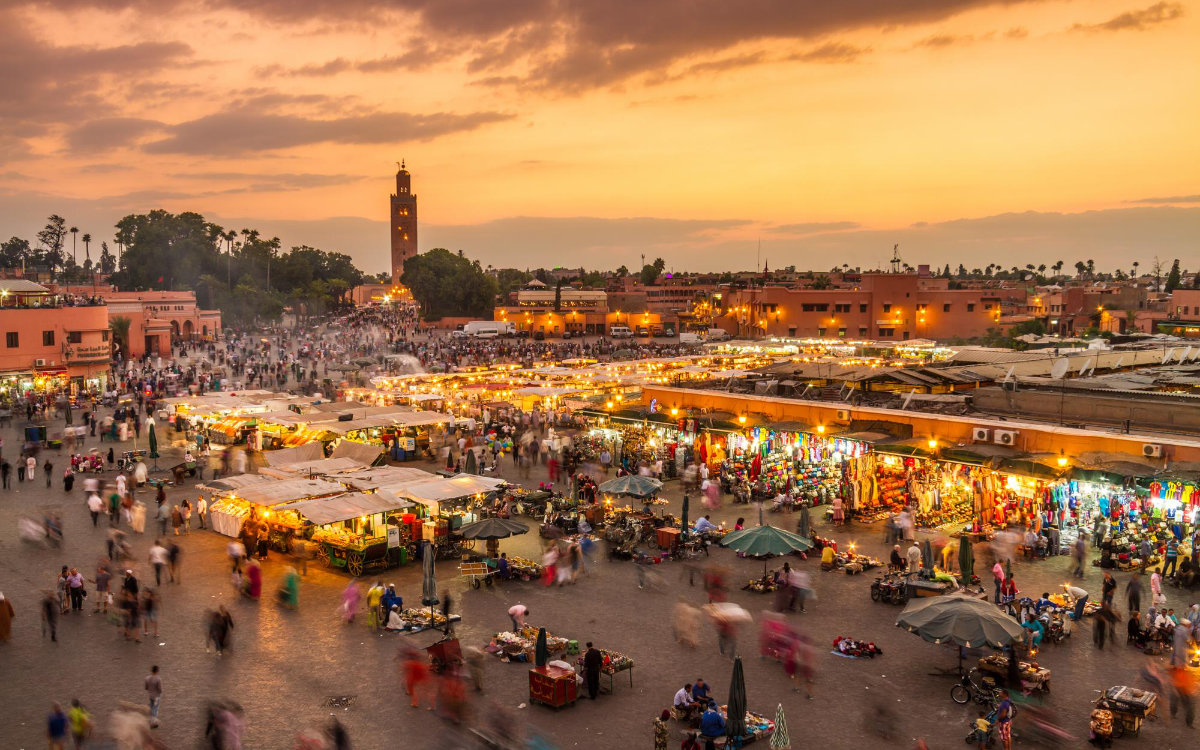
Jamaa el Fna market square, Marrakesh, Morocco, north Africa. Jemaa el-Fnaa, Djema el-Fna or Djemaa el-Fnaa is a famous square and market place in Marrakesh's medina quarter.
A Spanish tourist was arrested in the bustling heart of Marrakech, Jemaa el-Fna, after handing out brochures promoting Christianity, highlighting the delicate balance between freedom of belief and proselytism under Moroccan law.
According to local sources cited by Rue 20, the visitor was distributing religious documents to passersby when authorities intervened. Police officers, alerted by her activity, took her to the local precinct for questioning.
Following the completion of a formal report and with the assistance of an interpreter, she was released while the legal procedure continues.
Moroccan Penal Code Article 220 stipulates that anyone attempting to undermine a Muslim’s faith or convert them through persuasion or material aid can face six months to three years in prison, along with fines.
This recent incident underscores the law’s practical application in Marrakech, a city where religious coexistence is traditionally observed with discretion. The tourist’s actions were interpreted as a clear breach of this regulation.
The episode is not isolated. In April 2025, two members of the Ahmadi “Religion of Peace and Light” movement were arrested in Marrakech for distributing missionary tracts.
That incident reignited national debates on the boundaries of religious tolerance, demonstrating the authorities’ vigilance regarding the promotion of faiths other than Islam.
Jemaa el-Fna, known for its vibrant cultural mix of musicians, storytellers, and international visitors, serves as a reminder of Morocco’s effort to maintain a careful equilibrium.
On one hand, the country celebrates cultural openness that attracts tourists worldwide; on the other, it safeguards a religious and social framework deeply embedded in public life.
“The propagation of doctrines outside of Islam is often viewed as an intrusion rather than a dialogue,” noted local observers. The arrest illustrates how Morocco continues to enforce its legal and cultural norms, emphasizing that public religious outreach must respect established boundaries.
As the case unfolds, it reinforces the sensitivities surrounding religious expression in Morocco, highlighting the tension between international visitors’ freedoms and domestic legal restrictions in a society where Islam shapes both law and daily life.



